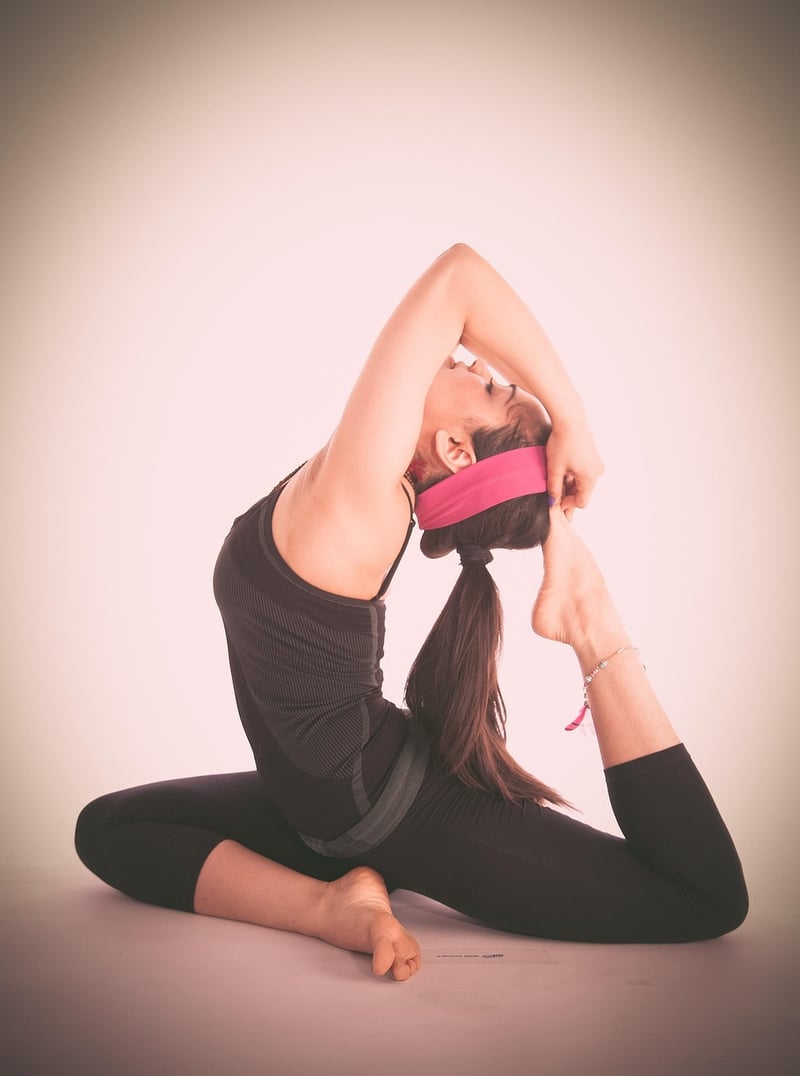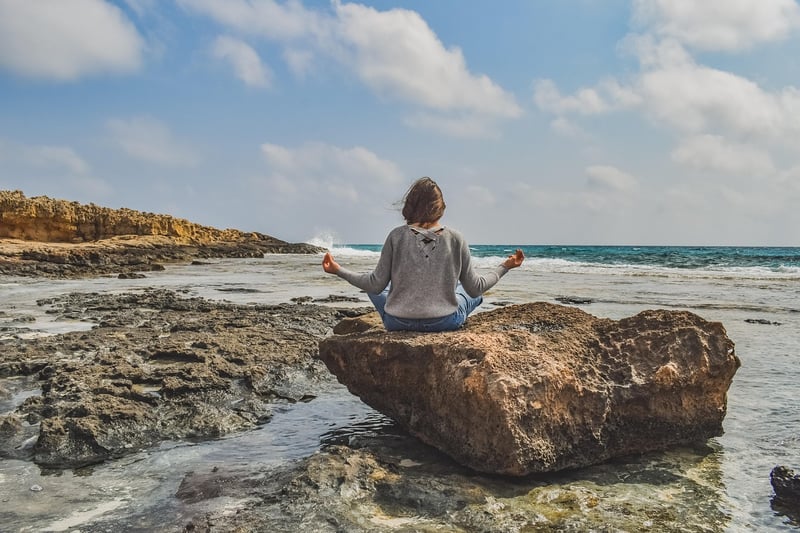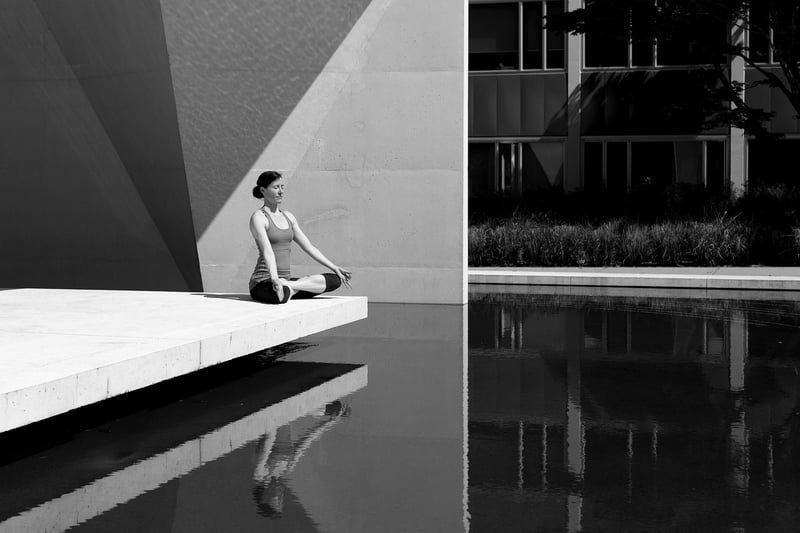Pranayama Exercises
Techniques to Enhance Mindfulness Through Breath Control + Pranayama Exercises
Mindfulness, the practice of being present and fully engaged in the moment, can be greatly enhanced through breath control techniques, such as Pranayama exercises. By focusing on the breath, we can cultivate a sense of calm, improve concentration, and connect with our inner selves. Here are some powerful techniques to help you enhance mindfulness through breath control:
1. Deep Belly Breathing
Deep belly breathing, also known as diaphragmatic breathing, involves breathing deeply into the belly rather than shallow breathing into the chest. This technique can help calm the mind, reduce stress, and increase oxygen flow throughout the body.

2. Box Breathing
Box breathing is a technique that involves breathing in for a count of four, holding the breath for a count of four, exhaling for a count of four, and holding the breath for a count of four again. This pattern creates a sense of balance and relaxation in the body and mind.

3. Alternate Nostril Breathing
Alternate nostril breathing is a Pranayama technique that involves breathing in through one nostril, holding the breath, and then exhaling through the other nostril. This practice helps balance the left and right hemispheres of the brain, promoting mental clarity and focus.

4. Ujjayi Breath
Ujjayi breath, also known as "ocean breath," involves breathing in and out through the nose while constricting the back of the throat slightly, creating a sound similar to ocean waves. This technique can help calm the mind, increase concentration, and build heat in the body.

By incorporating these breath control techniques and Pranayama exercises into your daily routine, you can enhance your mindfulness practice, reduce stress, and improve your overall well-being. Remember to practice these techniques regularly to experience their full benefits.
Stay present, stay mindful!
